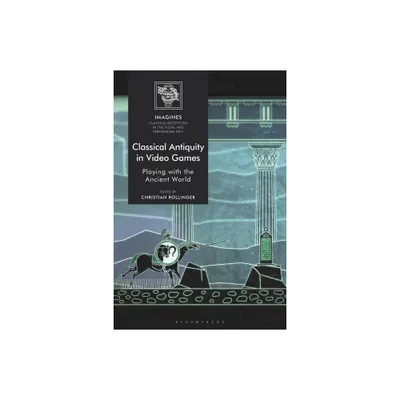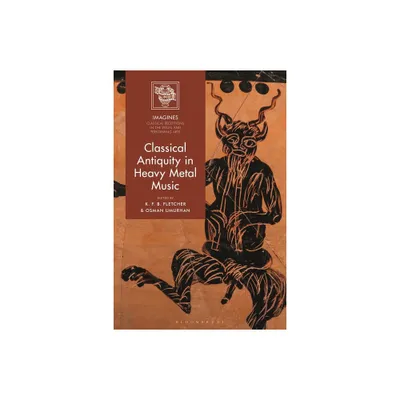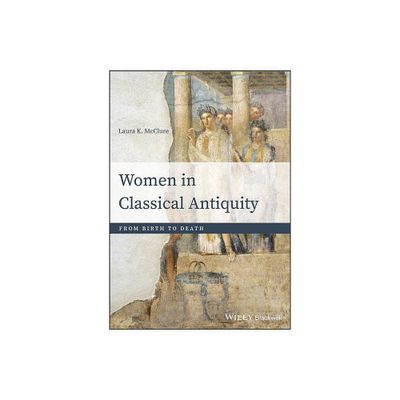Home
Beyond Reception: Renaissance Humanism and the Transformation of Classical Antiquity
Loading Inventory...
Barnes and Noble
Beyond Reception: Renaissance Humanism and the Transformation of Classical Antiquity
Current price: $115.99


Barnes and Noble
Beyond Reception: Renaissance Humanism and the Transformation of Classical Antiquity
Current price: $115.99
Loading Inventory...
Size: Hardcover
*Product Information may vary - to confirm product availability, pricing, and additional information please contact Barnes and Noble
Beyond Reception
applies a new concept for analyzing cultural change, known as ‘transformation', the study of Renaissance humanism. Traditional scholarship takes the Renaissance humanists at their word, that they were simply viewing the ancient world as it actually was and recreating its key features within their own culture. Initially modern studies in the classical tradition accepted this claim and saw this process as largely passive. 'Transformation theory' emphasizes the active role played by the receiving culture both in constructing a vision of the past and in transforming that vision into something that was a meaningful part of the later culture. A chapter than explains the terminology and workings of 'transformation theory' is followed by essays by nine established experts that suggest how the key disciplines of grammar, rhetoric, history, poetry, and philosophy in the Renaissance represent transformations of what went on in these fields in ancient Greece and Rome. The picture that emerges suggests that Renaissance humanism as it was actually practiced both received and transformed the classical past, at the same time as it constructed a vision of that past that still resonates today.
applies a new concept for analyzing cultural change, known as ‘transformation', the study of Renaissance humanism. Traditional scholarship takes the Renaissance humanists at their word, that they were simply viewing the ancient world as it actually was and recreating its key features within their own culture. Initially modern studies in the classical tradition accepted this claim and saw this process as largely passive. 'Transformation theory' emphasizes the active role played by the receiving culture both in constructing a vision of the past and in transforming that vision into something that was a meaningful part of the later culture. A chapter than explains the terminology and workings of 'transformation theory' is followed by essays by nine established experts that suggest how the key disciplines of grammar, rhetoric, history, poetry, and philosophy in the Renaissance represent transformations of what went on in these fields in ancient Greece and Rome. The picture that emerges suggests that Renaissance humanism as it was actually practiced both received and transformed the classical past, at the same time as it constructed a vision of that past that still resonates today.


















